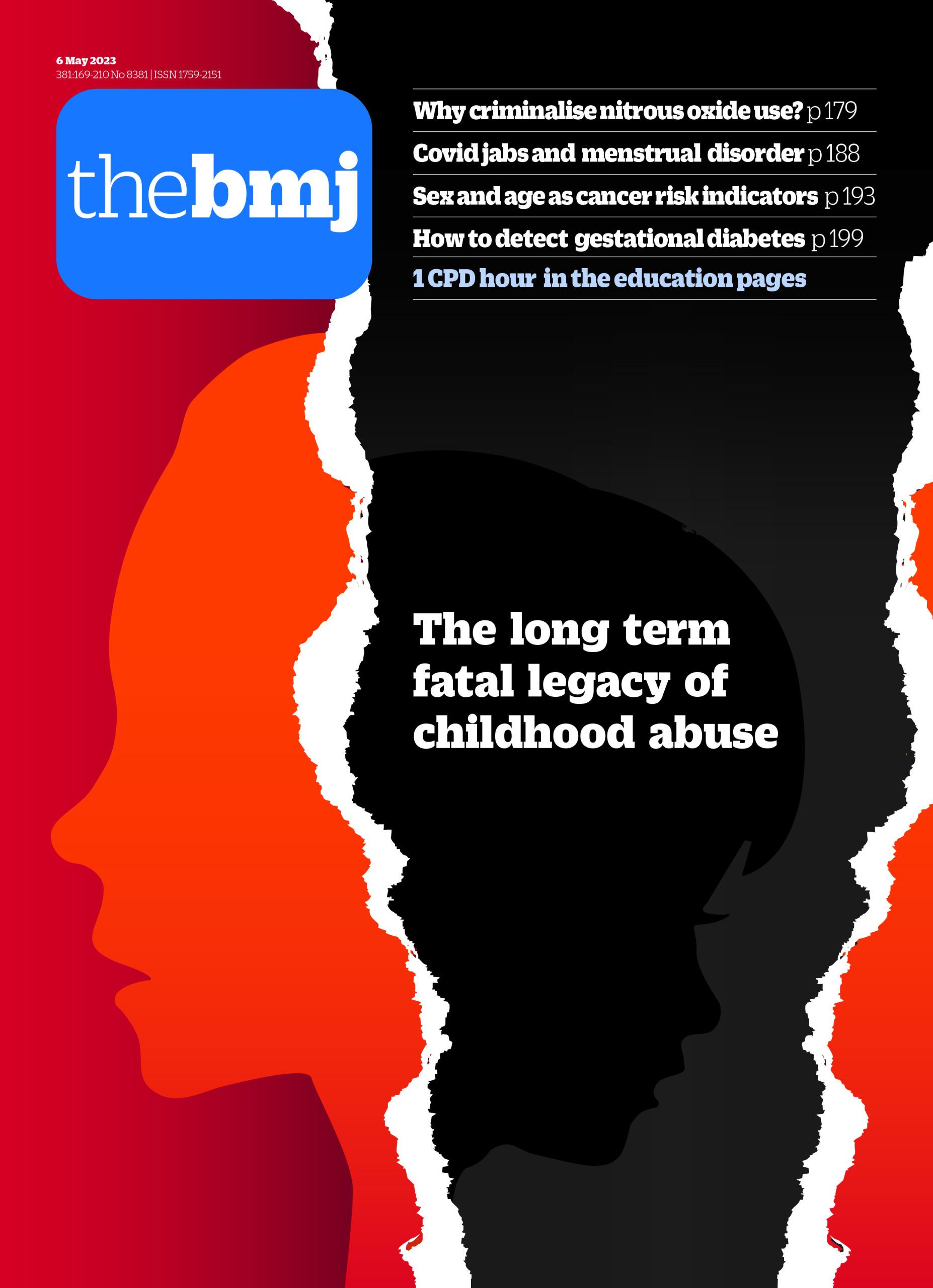
- Samantha L Thomas, professor of public health1,
- Martin McKee, professor of European health2,
- Mike Daube, emeritus professor3
- 1Institute for Health Transformation, Faculty of Health, Deakin University, Geelong, Australia
- 2London School of Hygiene and Tropical Medicine, London, UK
- 3Faculty of Health Sciences, Curtin University, Perth, Australia
- Correspondence to: S L Thomas [email protected]
Four years, four culture secretaries, and six gambling ministers after promising to review the 2005 Gambling Act, the UK government has published a white paper on gambling reform in England and Wales.1 As predicted,2 its limited and vague proposals omit those measures likely to be most effective in preventing harm.
The gambling industry has welcomed it enthusiastically.3 The chief executive of Flutter Entertainment hailed “a significant positive moment for the UK gambling sector”, while shares in Rank Group jumped by 10%.4
The industry has cause to be happy. The UK has one of the largest gambling markets in the world,5 including 2419 operators and earnings of £14.1bn (€16bn; $17bn) from April 2021-March 2022.6 These transfer vast sums from many of the poorest in society to the wealthy owners of the companies concerned.7 Yet ministers emphasise the “benefits” of this industry, albeit conceding that “quantifying [them] is inherently difficult.”1 The culture secretary, Lucy Frazer, is right. Britain is a world leader, though not in the oversight of gambling as she claimed, but in tolerating this major threat to public health.8
The …
